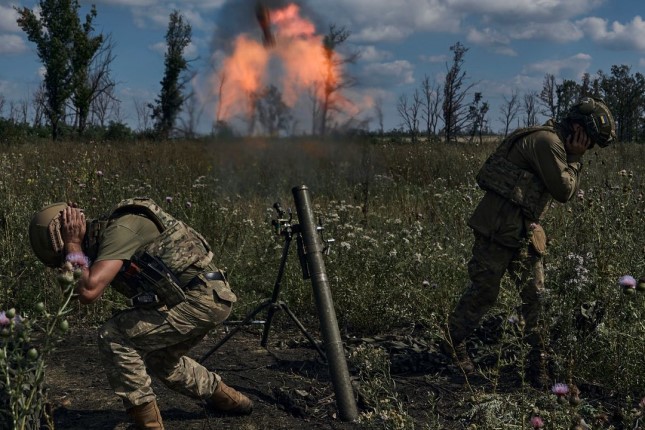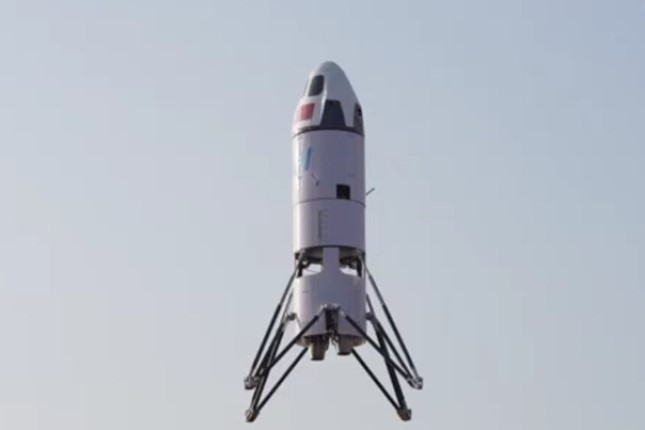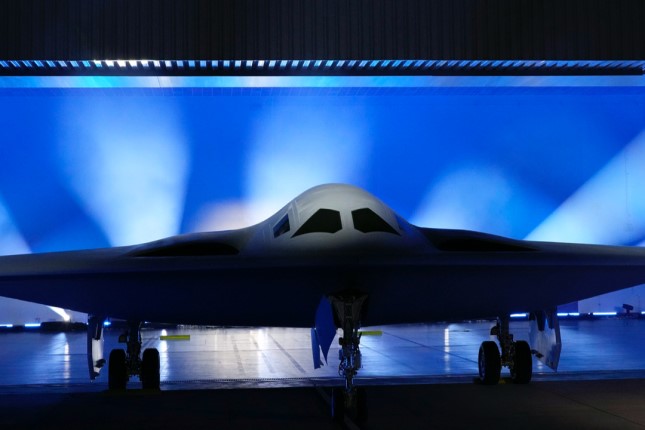The US is moving closer to sending widely-banned cluster bombs to Ukraine as the Biden administration is pushing Congress to put aside concerns about the harm the munitions cause to civilians, The Washington Post reported Saturday.
The report said senior Biden administration officials have recently contacted Congress to make the case that cluster munitions are needed on the battlefield in Ukraine. Deputy National Security Advisor Jon Finer contacted members of Congress to gauge how they felt about sending the bombs.
US officials told the Post that the White House was previously opposed to sending cluster bombs to Ukraine but is now reviewing the position. The State Department was also opposed to the idea, but Secretary of State Antony Blinken has withdrawn his objection.
Last week, a Pentagon official told Congress that Dual-Purpose Improved Conventional Munition (DPICM), a cluster munition with several variants, including a 155mm artillery round, would be useful for Ukraine on the battlefield.
“Our military analysts have confirmed that DPICMs would be useful, especially against dug-in Russian positions on the battlefield,” Laura Cooper, deputy assistant secretary of defense for Russia, Ukraine, and Eurasia, told the House Armed Services Committee.
Cluster bombs scatter small submunitions over large areas, making them especially hazardous to civilians who can find them years after they were dropped. Cluster munitions and other unexploded American bombs have killed and maimed civilians in Vietnam and Laos for decades after the Vietnam War.
Because of their indiscriminate nature, cluster munitions have been banned by more than 100 nations. The US, Ukraine, and Russia are not parties to the treaty, known as the Convention on Cluster Munitions. Both sides in the current conflict in Ukraine have reportedly used cluster bombs, and Kyiv was using them against populated areas of Donestk in the Donbas war going back to 2014.
Source: AntiWar.
































